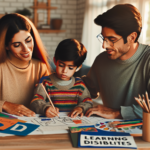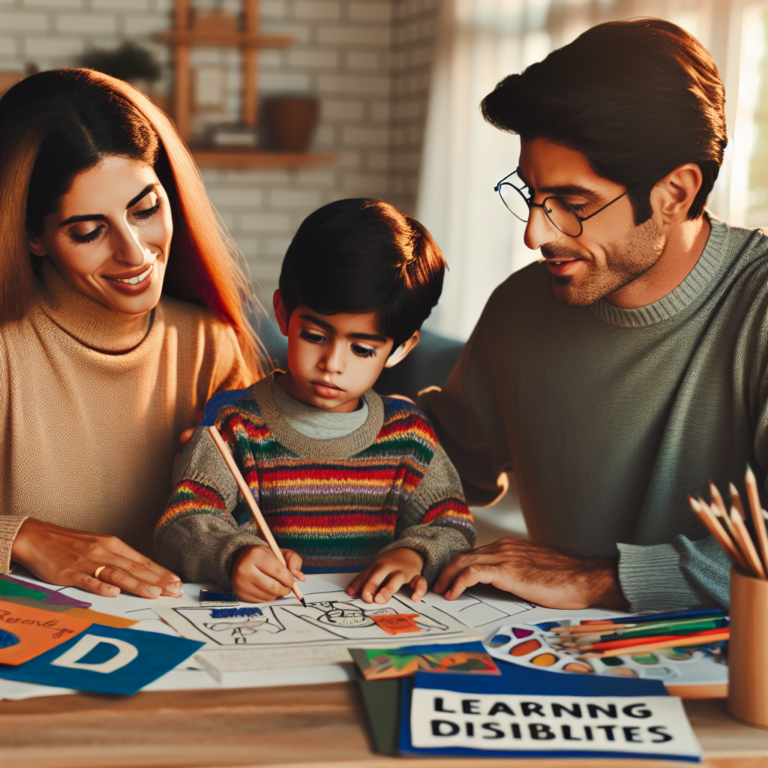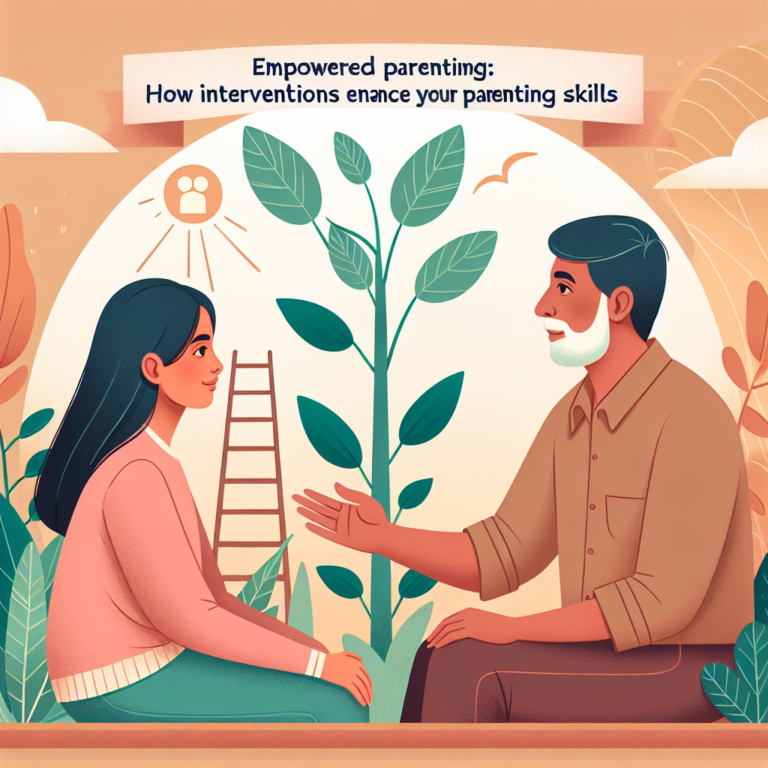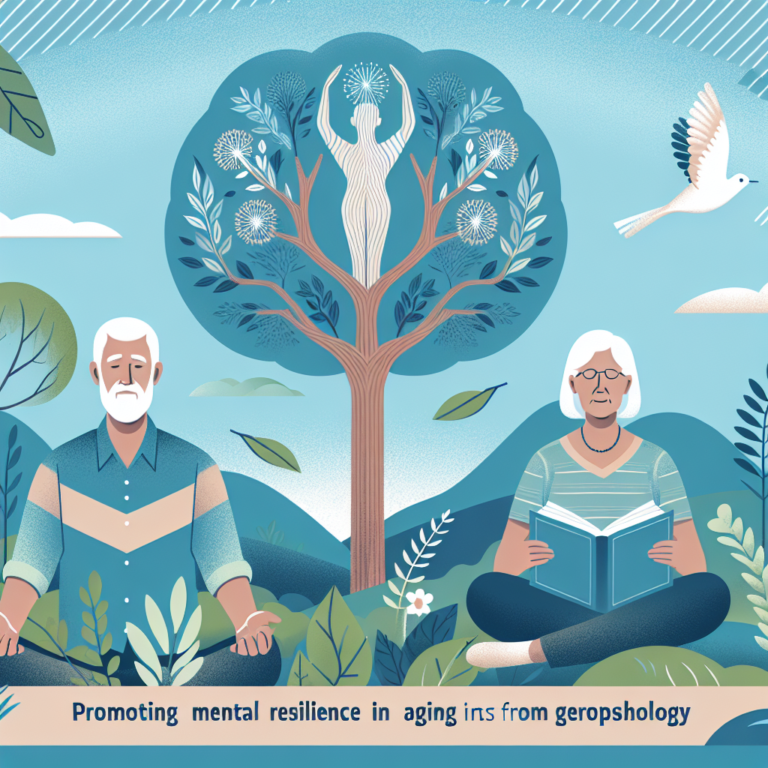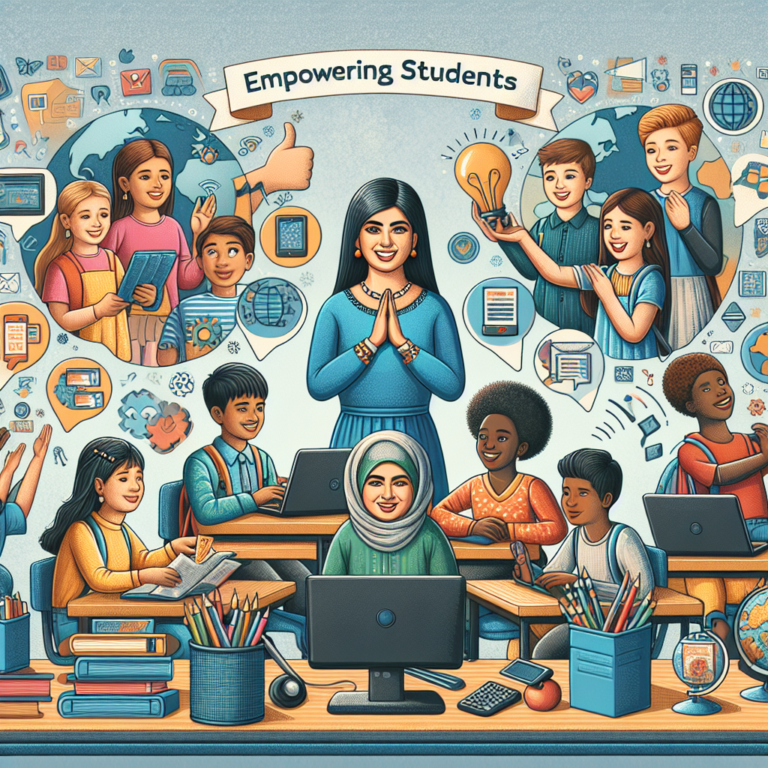
Introduction
In a world where the population is aging at an unprecedented rate, the importance of empathy in elder care cannot be overstated. As the emotional needs of our elderly loved ones often go hand-in-hand with their physical health, understanding these needs is crucial for families, caregivers, and healthcare professionals alike. The field of geropsychology has emerged as a beacon of hope, illuminating the intertwined dynamics of elder care and family relationships.
Imagine for a moment: you’ve just visited your aging parent in a nursing home. They’re not just frail; they’re confused, frustrated, and, at times, even fearful. How can you, as a family member, bridge this emotional chasm? How can understanding geropsychology foster empathy in elder care and, subsequently, improve family dynamics? The key lies in understanding how empathy, informed by knowledge and compassion, can significantly change the landscape of elder care.
Empathy in Elder Care and Its Importance
Understanding Empathy
Empathy is more than just a buzzword; it is a vital skill in healthcare, especially in elder care. It involves the ability to put oneself in another’s shoes, interpreting emotions and reactions from their perspective. In elder care, this can mean recognizing a senior’s fears and frustrations stemming from memory loss or physical ailments.
The Role of Geropsychology
Geropsychology focuses on the psychological aspects of aging. It examines how cognitive changes affect emotional health and how these changes can profoundly impact family relationships. Understanding these aspects can facilitate empathy in elder care, as family members learn to appreciate their loved ones’ struggles.
Case Study 1: Bridging the Gap through Empathy
Scenario: Consider Joan, a 78-year-old woman living with Alzheimer’s. Her daughter, Mary, often finds herself exasperated by her mother’s repetitive questions.
Analysis: Instead of reacting with frustration, Mary learns about geropsychology and realizes that her mother’s disorder is affecting her cognitive function, causing confusion rather than intentional annoyance. By adopting an empathetic approach, Mary experiences an emotional transformation that strengthens their bond.
The Emotional Toll on Families
When families neglect the emotional needs of their elderly relatives, the psychological burden can lead to strain in family dynamics. Recognizing and addressing these needs should be a priority.
Empathy in Elder Care: The Psychological Perspective
Cognitive Decline and Emotional Health
Cognitive decline can lead to feelings of isolation and loneliness among elderly individuals. Understanding this can empower families to provide better emotional support, thus fostering greater connections.
Awareness of Symptoms
Common symptoms, such as anxiety, depression, and social withdrawal, often arise in elderly individuals. Family members equipped with knowledge from geropsychology can proactively address these symptoms, leading to improved empathy in elder care.
Table 1: Emotional Symptoms and Family Reactions
| Emotional Symptoms | Common Family Reactions | Empathetic Responses |
|---|---|---|
| Anxiety | Dismissal or annoyance | Active listening |
| Depression | Frustration | Encouragement and support |
| Social withdrawal | Isolation | Inviting participation |
Cultivating Empathy in Family Dynamics
Communication
Open, compassionate communication is essential for fostering empathy in elder care. Family meetings can serve as platforms for discussing concerns and feelings, allowing for emotional sharing.
Emotional Training
Educating families on emotional intelligence and empathy can lead to lasting changes in dynamics. Workshops and support groups can be invaluable resources.
Case Study 2: The Ripple Effect of Empathy
Scenario: John, a primary caregiver for his ailing father, struggles with stress and resentment, impacting his relationship with his siblings.
Analysis: After attending a geropsychology seminar, John becomes more attuned to his father’s needs and recognizes how stress affects his own emotional state. This realization prompts him to communicate better with his siblings about shared responsibilities, thereby improving the family dynamic.
The Professional Angle: Caregiver Empathy
Training for Caregivers
Caregivers play a vital role in elder care, and their emotional approach can significantly shape the experience for the elderly. Training programs focusing on empathy can enhance caregiver effectiveness and improve client satisfaction.
The Power of Positive Psychology
In geropsychology, positive psychology fosters resilience and well-being among the elderly. Caregivers who practice this can create nurturing environments that support emotional health and enhance the quality of life for their clients.
Empathy in Elder Care: Bridging Generational Gaps
Understanding Generational Differences
Different generations have varied approaches to aging and healthcare. Empathy can help bridge these generational gaps, allowing for more harmonious interactions.
Engaging the Broader Community
Community engagement can play a significant role in empathy in elder care. Programs that involve multi-generational interactions can help foster understanding and support.
Table 2: Generational Differences in Care Needs
| Generation | Care Preferences | Empathetic Approaches |
|---|---|---|
| Baby Boomers | Independence | Encouragement of self-sufficiency |
| Generation X | Balance | Understanding and support |
| Millennials | Technology-driven solutions | Innovative engagement strategies |
Conclusion: The Journey Toward Enhanced Family Dynamics
The evidence is clear: empathy in elder care significantly improves not only the quality of life for elderly individuals but also the overall family dynamic. The influence of geropsychology offers invaluable tools for families to cope with the complexities of aging. Engaging in empathetic practices can lead to enriched relationships and emotional resilience for both elderly individuals and their families.
As we move forward, it’s crucial for families and caregivers to embrace the lessons learned from geropsychology. By prioritizing empathy, we can create nurturing environments that respect and uphold the dignity of our loved ones.
FAQs about Empathy in Elder Care
1. What is geropsychology?
Geropsychology is the study focused on the mental health and psychological well-being of elderly individuals, exploring how aging impacts emotional health and family dynamics.
2. Why is empathy important in elder care?
Empathy improves communication, strengthens relationships, and positively impacts the emotional and psychological well-being of both the elderly and their caregivers.
3. How can families develop empathy toward their aging relatives?
Families can develop empathy through education, open communication, and active listening. Engaging in workshops or seminars related to emotional health is also beneficial.
4. What role can caregivers play in fostering empathy in elder care?
Caregivers can foster empathy by being trained in emotional intelligence, understanding geropsychological principles, and practicing active listening and compassion.
5. How can I deal with my frustrations when caring for an aging loved one?
It’s essential to recognize these feelings as common. Seeking support networks, attending training, and understanding the psychological effects of aging can help mitigate frustrations.
Through embracing empathy in elder care, we can create an atmosphere of dignity, respect, and understanding that profoundly enhances the lives of our aging loved ones and the families who care for them. By harnessing the insights of geropsychology, we can guide our efforts in a direction that honors the emotional complexities of aging, transforming potential family challenges into opportunities for deeper connection and love.
